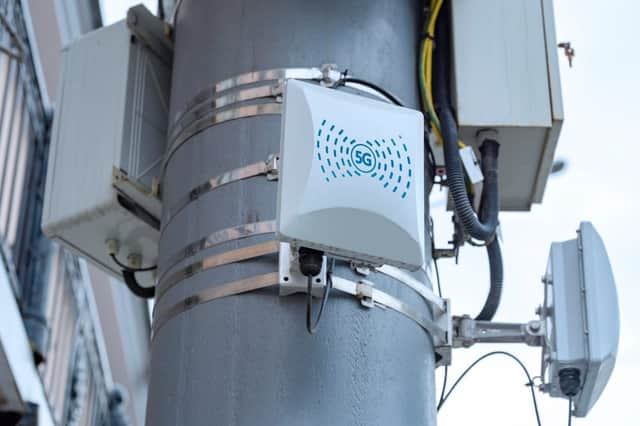5G health myths debunked - as phone networks join forces for to fight misinformation


A campaign to educate the public and combat misinformation about 5G has been launched as a number of conspiracy theories involving the technology persist.
Known as 5GCheckTheFacts, it aims to ease concerns about 5G, ahead of it being rolled out more widely in the UK.
15% of people think 5G is bad for their health
Advertisement
Hide AdAdvertisement
Hide AdThe campaign was partly prompted by research which found that around 15 per cent of people surveyed thought 5G could be bad for their health
Researchers also found that, while 81 per cent of people condemned conspiracy theories about 5G, a number of people (three per cent) said they were strongly against the technology.
Around half the people surveyed said they didn’t know what the benefits of 5G were.
Myths about 5G debunked
The rollout of 5G technology has been dogged with misinformation from the beginning.
Advertisement
Hide AdAdvertisement
Hide AdEarly claims linking the technology with mass bird deaths, or saying that 5G radiation could cause cancer, have been roundly debunked a number of times.
All radio waves ‘radiate’. However, unlike X-rays and gamma radiation, which can harm human cells, 5G and most other forms of radio wave are “non-ionizing”, meaning they cannot interact with human cells.
Conspiracy theories relating to the technology gathered momentum at the beginning of the Covid-19 pandemic.
Conspiracists claimed there was a link between the launch of 5G and the pandemic, pointing to the supposed fact that both 5G and Covid-19 started to appear at the same time, and both originated in China.